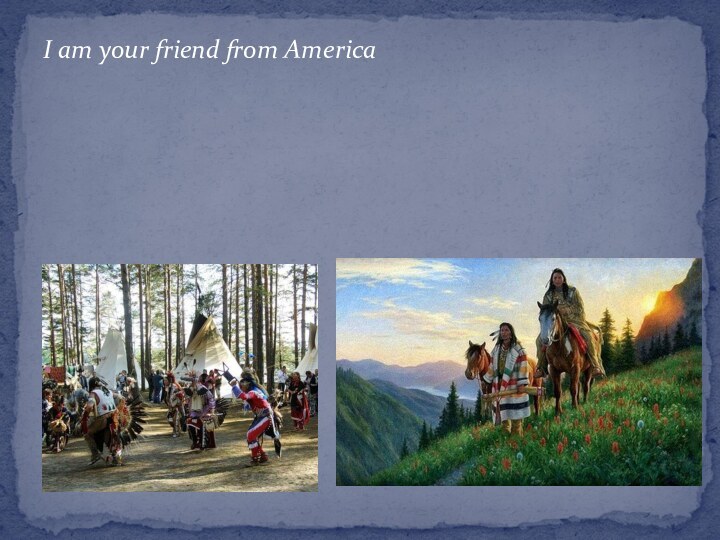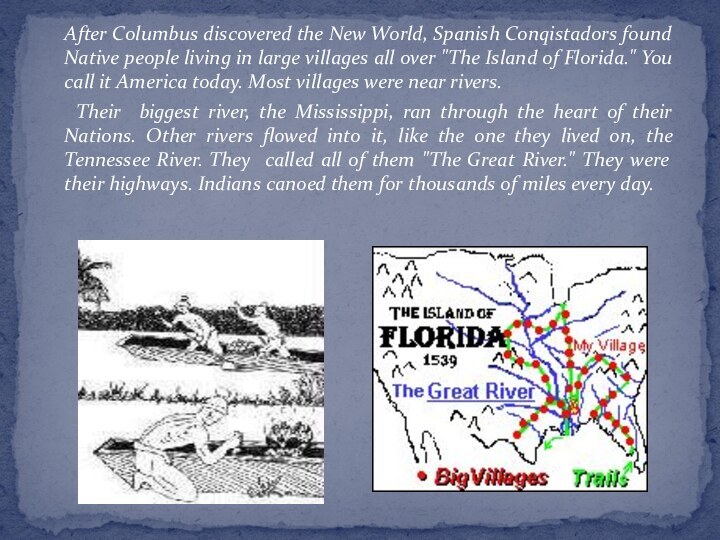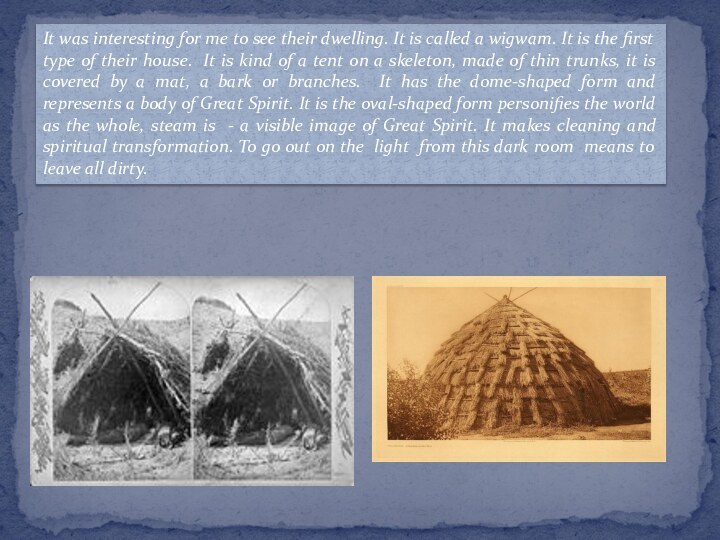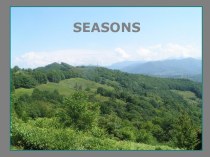- Главная
- Разное
- Бизнес и предпринимательство
- Образование
- Развлечения
- Государство
- Спорт
- Графика
- Культурология
- Еда и кулинария
- Лингвистика
- Религиоведение
- Черчение
- Физкультура
- ИЗО
- Психология
- Социология
- Английский язык
- Астрономия
- Алгебра
- Биология
- География
- Геометрия
- Детские презентации
- Информатика
- История
- Литература
- Маркетинг
- Математика
- Медицина
- Менеджмент
- Музыка
- МХК
- Немецкий язык
- ОБЖ
- Обществознание
- Окружающий мир
- Педагогика
- Русский язык
- Технология
- Физика
- Философия
- Химия
- Шаблоны, картинки для презентаций
- Экология
- Экономика
- Юриспруденция
Что такое findslide.org?
FindSlide.org - это сайт презентаций, докладов, шаблонов в формате PowerPoint.
Обратная связь
Email: Нажмите что бы посмотреть
Презентация на тему I am your friend from America
Содержание
- 2. We learned things together...We worshipped together...We helped
- 3. After Columbus discovered the New
- 4. Their House had one very large room.
- 5. It was interesting for me to see
- 6. There is a special room
- 7. The Plains Indians were
- 8. Made of brain tanned buffalo skin, the
- 9. Only certain women performed particular duties in
- 10. Скачать презентацию
- 11. Похожие презентации
We learned things together...We worshipped together...We helped one another...and we care about you. A Long Time Ago... Indians Lived Where You Live Now. In Big Villages and Houses... Our










Слайд 2
We learned things together...
We worshipped together...
We helped one
another...
Time Ago...
Indians Lived Where You Live Now.
In Big Villages and Houses...
Our Moms Gardened...
Our Dads Hunted...Слайд 3 After Columbus discovered the New World,
Spanish Conqistadors found Native people living in large villages
all over "The Island of Florida." You call it America today. Most villages were near rivers.Their biggest river, the Mississippi, ran through the heart of their Nations. Other rivers flowed into it, like the one they lived on, the Tennessee River. They called all of them "The Great River." They were their highways. Indians canoed them for thousands of miles every day.





























